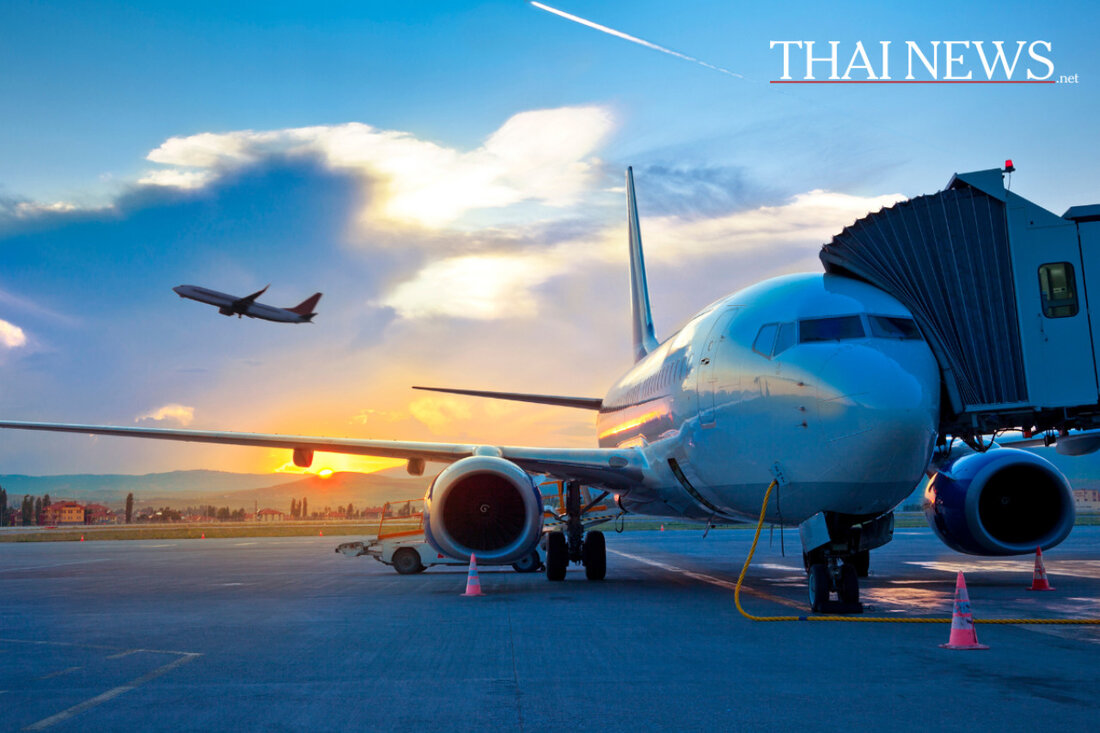Transport Minister secures contract for high-speed rail!
The Thai Ministry of Transport confirms the continued existence of the high-speed rail project between Don Mueang, Suvarnabhumi and U-Tapao airports, despite recent media reports. Important details and future steps are discussed.

Transport Minister secures contract for high-speed rail!
In Thailand there are signs of progress in the transport sector. Transport Minister Phiphat Ratchakitprakarn recently firmly rejected media reports that the contract for the high-speed rail project between Don Mueang, Suvarnabhumi and U-Tapao would be terminated. According to Nation Thailand, the agreement remains in full force and effect and the government is working to implement all aspects of the project strictly within the terms of the contract. The Ministry of Transport has instructed all parties involved to work closely with the Attorney General's recommendations.
Phiphat expressed concern about the uncertainty of the private concessionaire, but emphasized that the given concession still applies. “We are reviewing all matters within our jurisdiction and will expedite whatever can be moved forward,” he said, announcing that issues that do not fall within the ministry's purview will be referred to the relevant authorities.
A special project
The high-speed rail project, officially called “High-Speed Rail Linking Three Airports,” is scheduled to begin operations in 2029. It will provide a direct connection between Don Mueang International Airport, Suvarnabhumi Airport and U-Tapao International Airport. This ambitious project is part of Thailand's Eastern Economic Corridor and is operated by Asia Era One Company Limited, a joint venture between Charoen Pokphand Group and other partners. Construction is scheduled to begin in April 2025, subject to any changes in the contracts between the government and the consortium, as Wikipedia reported.
The project costs are significant. Around 200 billion baht, including 123 billion baht from public funds and 90 billion baht from the private sector, will be invested in creating this connection. A route length of 220 kilometers is planned, which will be traveled at speeds of up to 250 km/h. It is forecast that around 60 million passengers could be transported annually over the next 20 years, which would also create 19,000 new jobs in the Eastern Economic Corridor.
The urgency in transport
In his statements, Phiphat also highlighted the ministry's priorities as key decisions need to be made in the next few months. The urgency to advance stagnant infrastructure projects is greater than ever. These measures are intended not only to stimulate household spending, but also to contribute to the country's economic recovery. Phiphat plans to hold talks with key stakeholders, including Asia Era One Co., Ltd and the Eastern Economic Corridor Policy Committee, to find workable solutions. However, there are also alternatives that will be considered if the project cannot continue as planned. This could include expanding the double track line from Laem Chabang to U-Tapao and increasing train frequencies, according to the Bangkok Post.
Despite the challenges, Phiphat noted that he is opposed to a “build-as-you-go” payment model and installment payments as this would contradict the original contract terms. “I will not support anything that violates the contract or the law,” he said, leaving no doubt that integrity and compliance are his top priority.
While the high-speed rail project continues to face complications, Phiphat and his ministry's efforts to create sustainable transportation infrastructure appear to be well on their way. It remains to be seen whether the progress will be in line with the expectations of the population.

 Suche
Suche
 Mein Konto
Mein Konto
